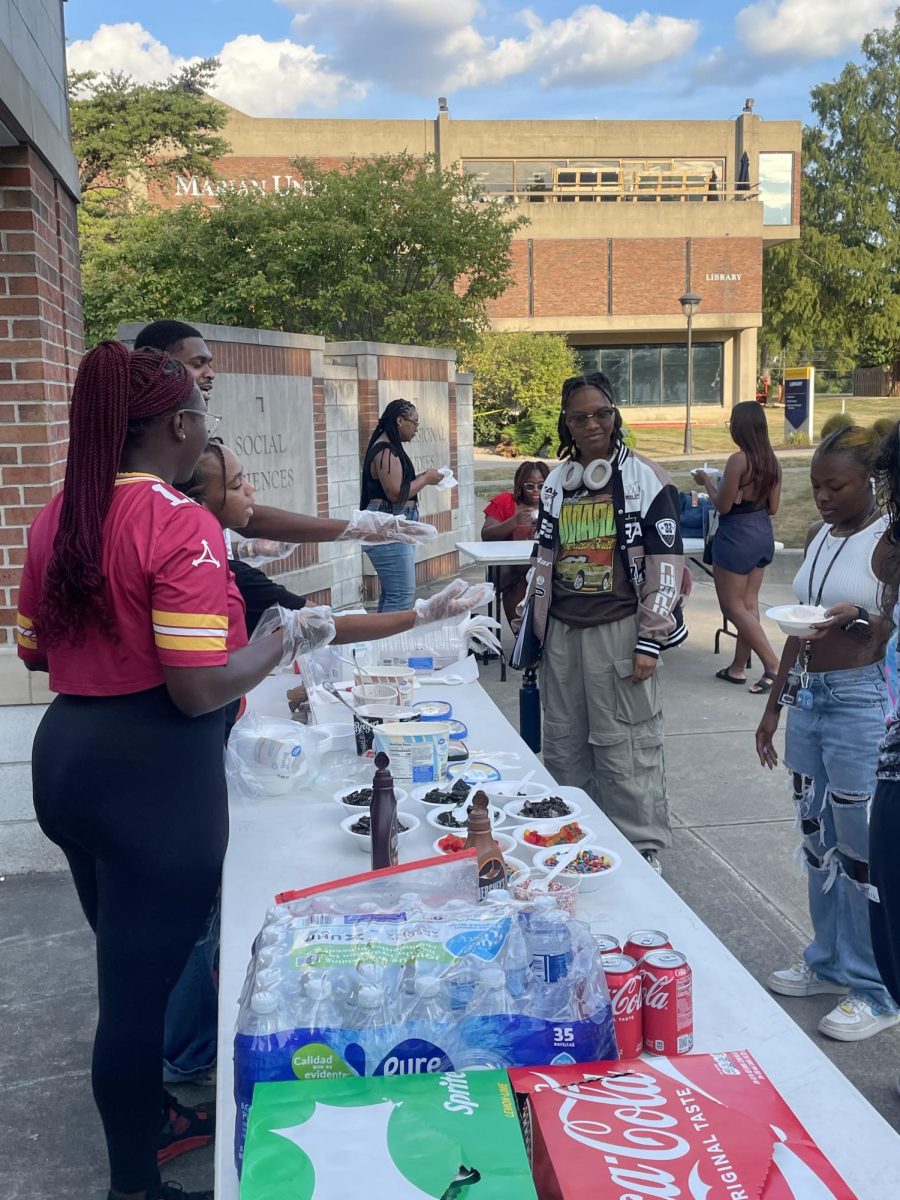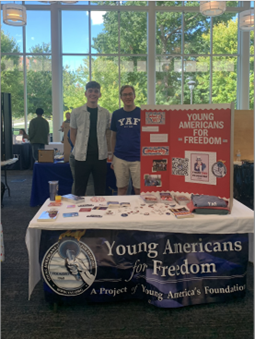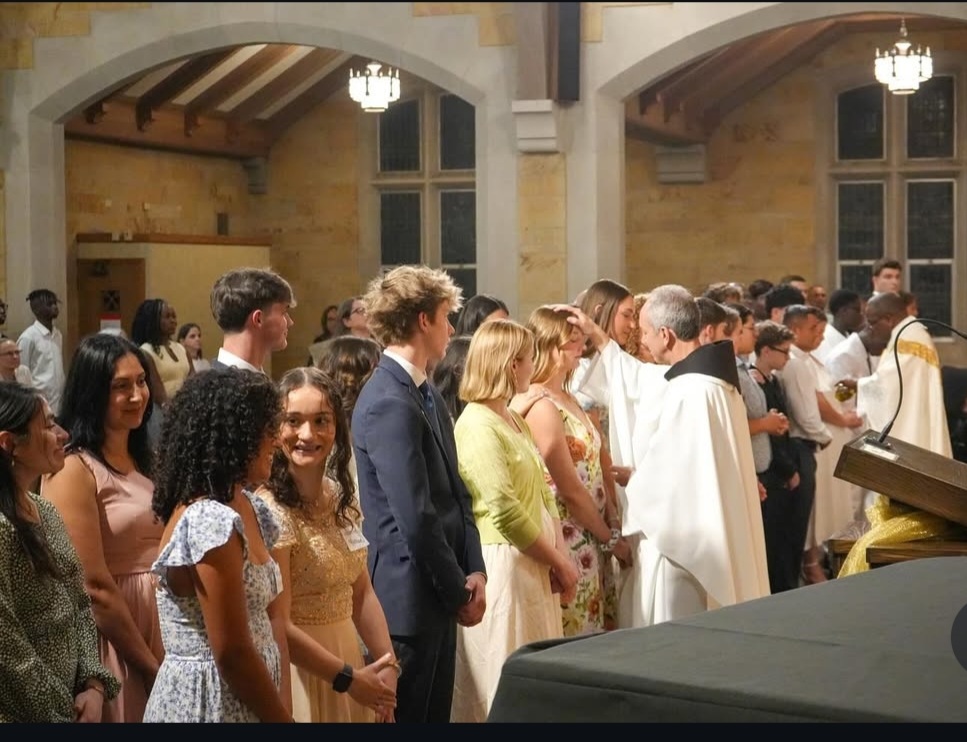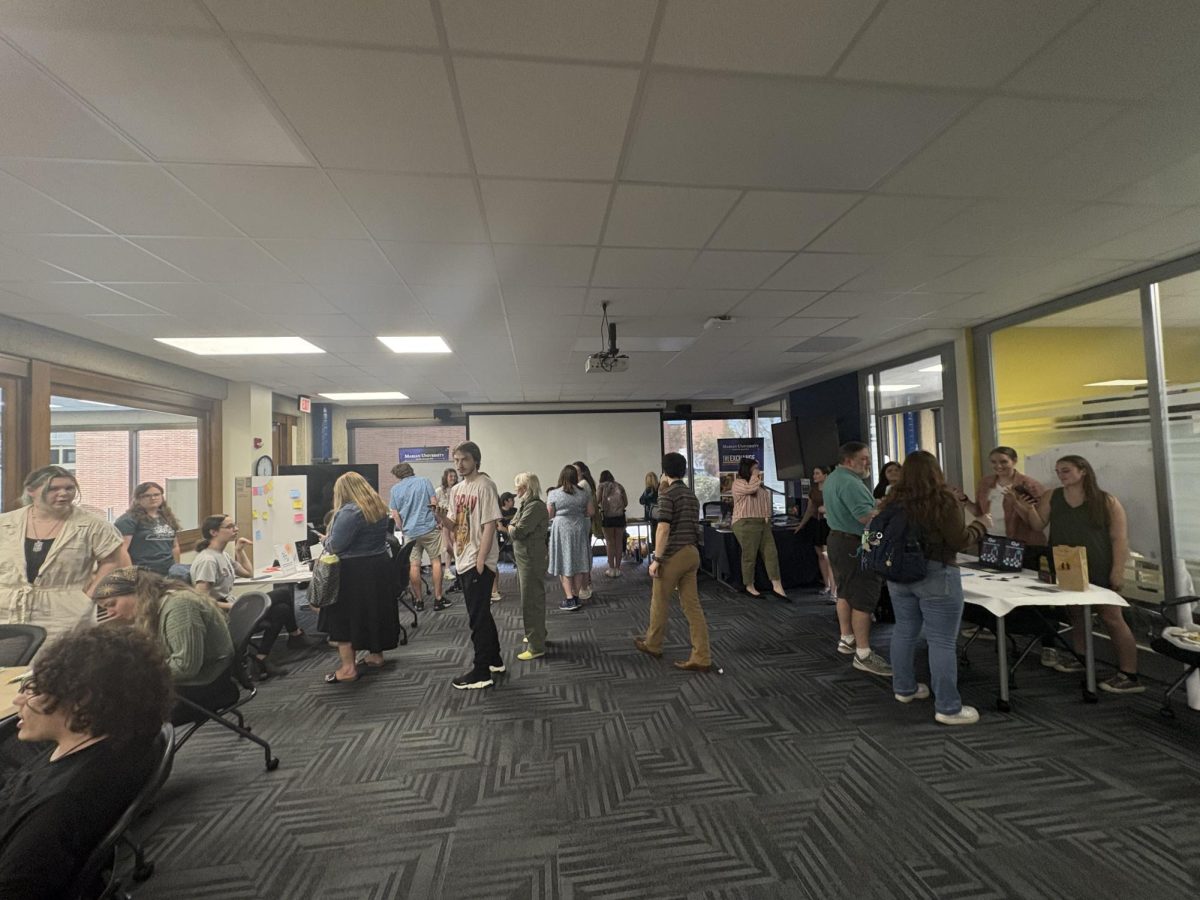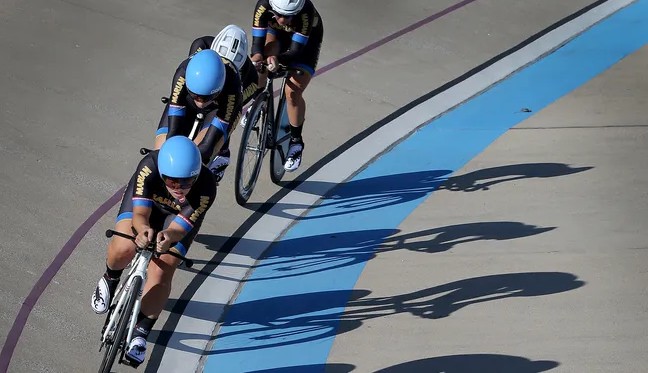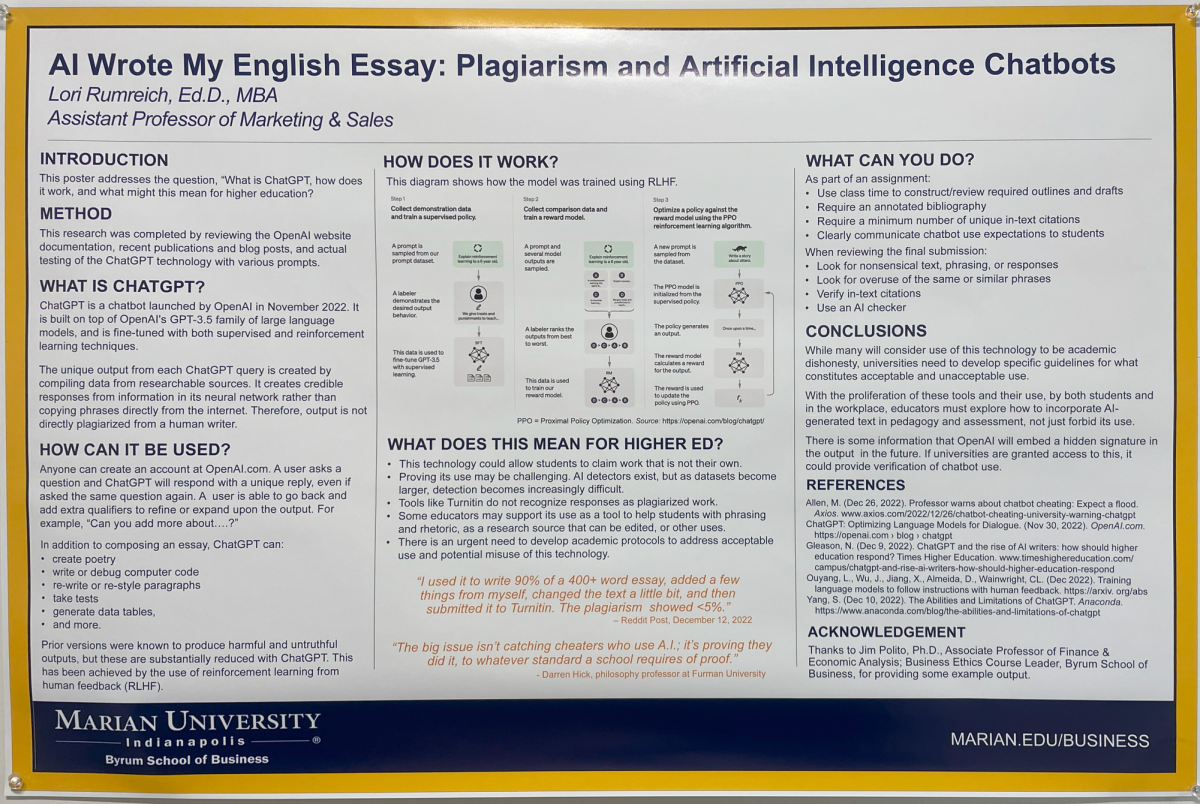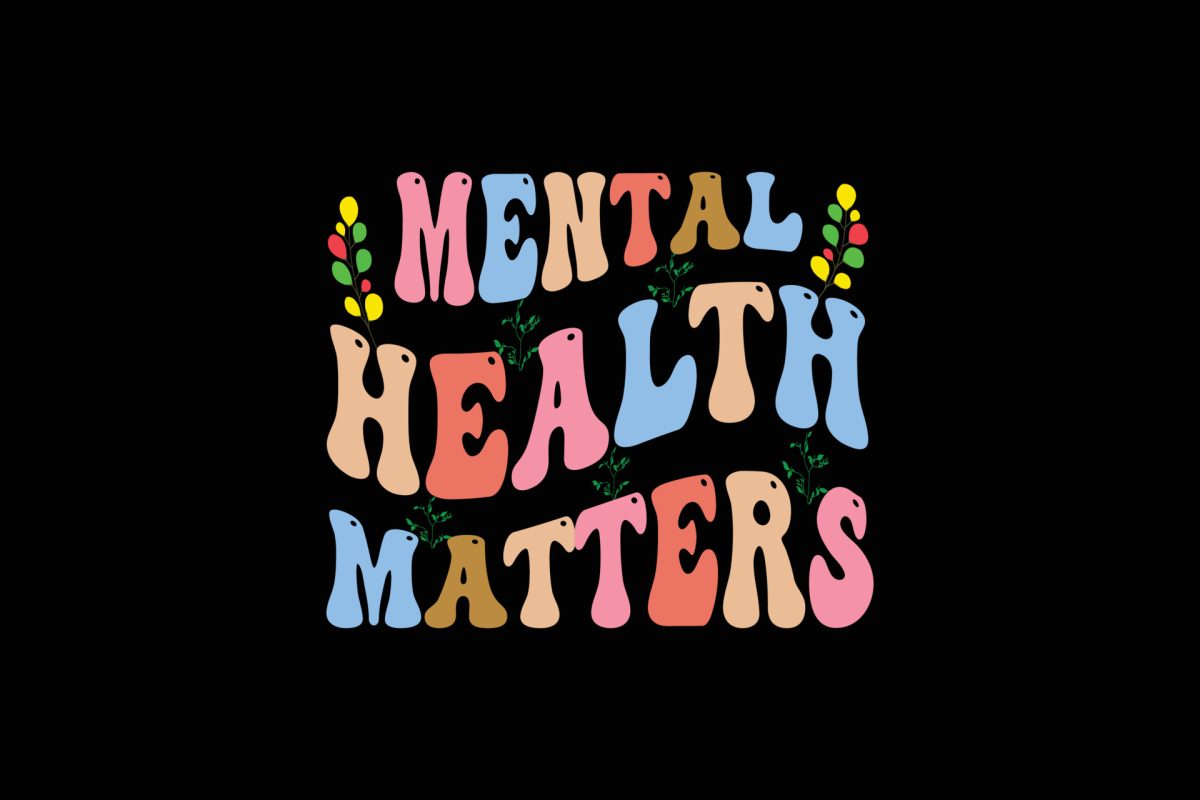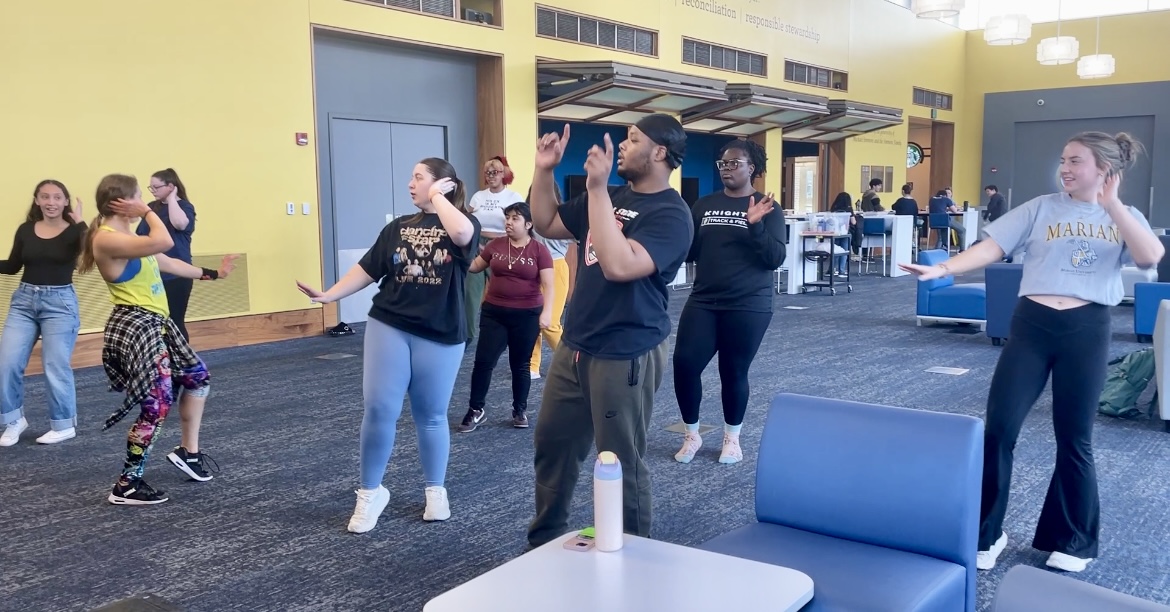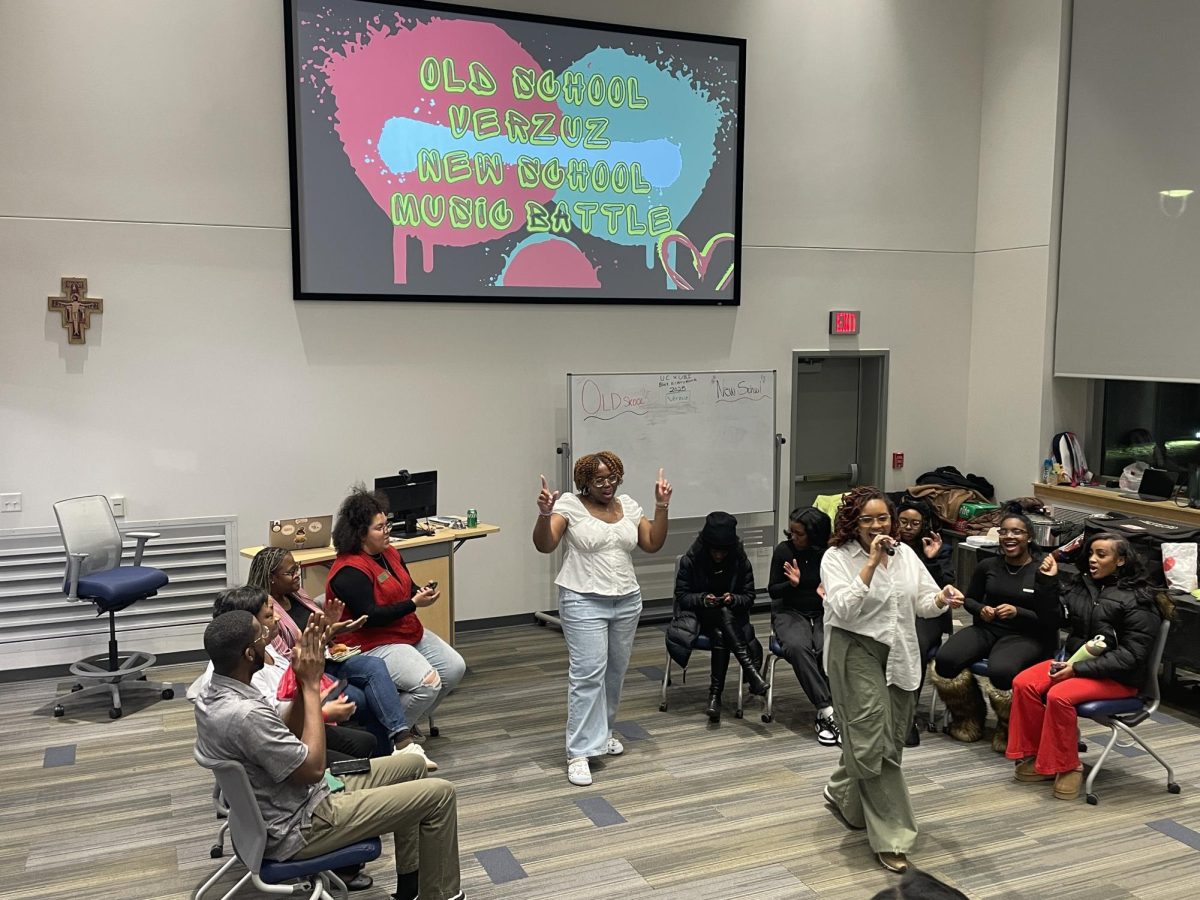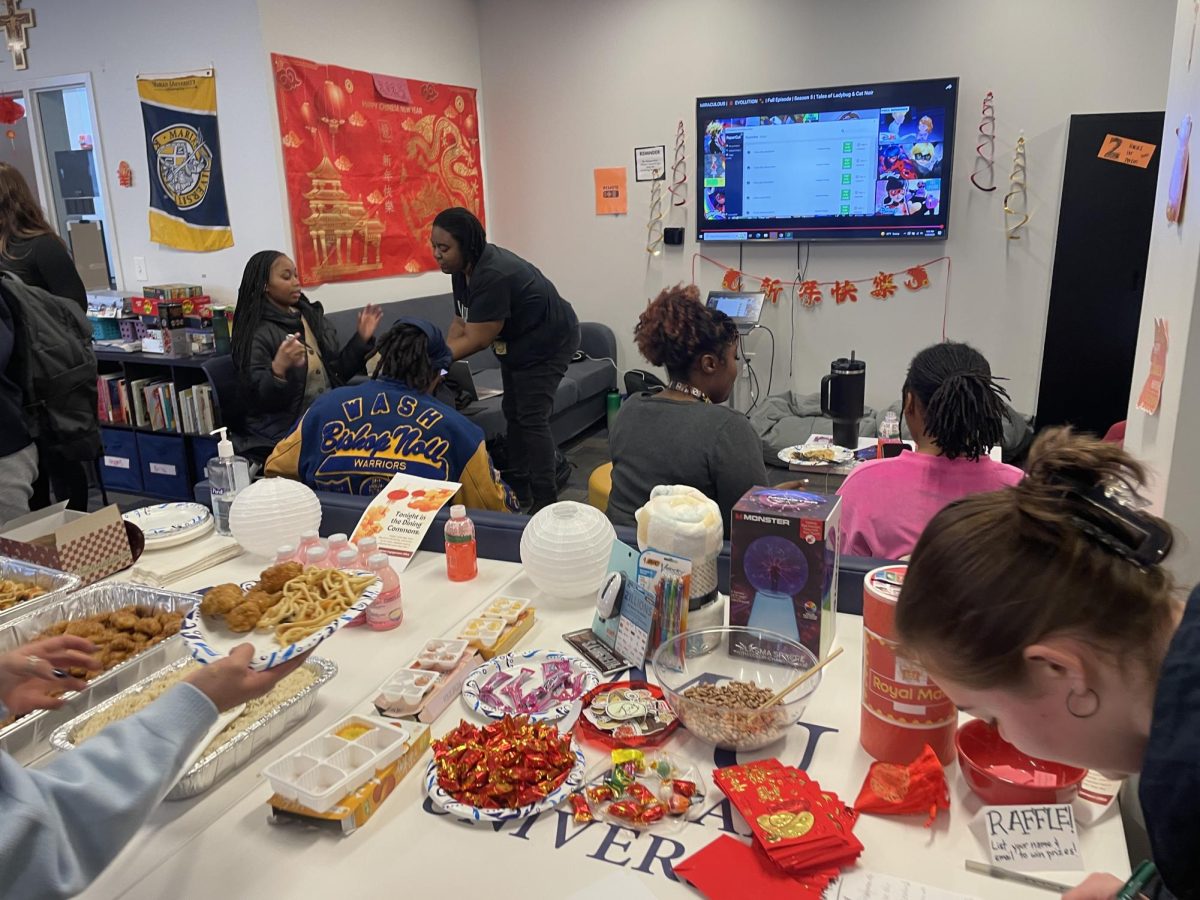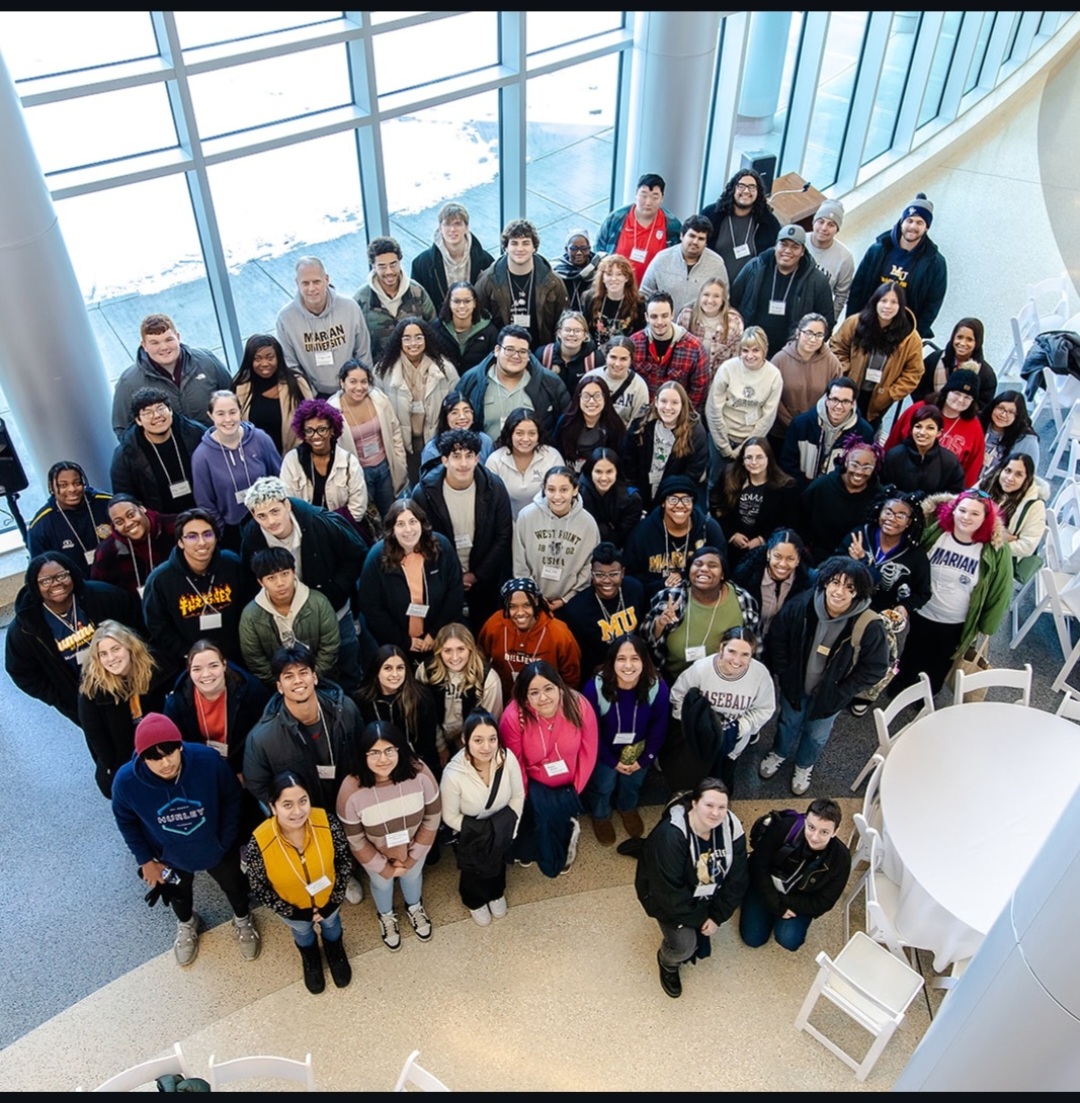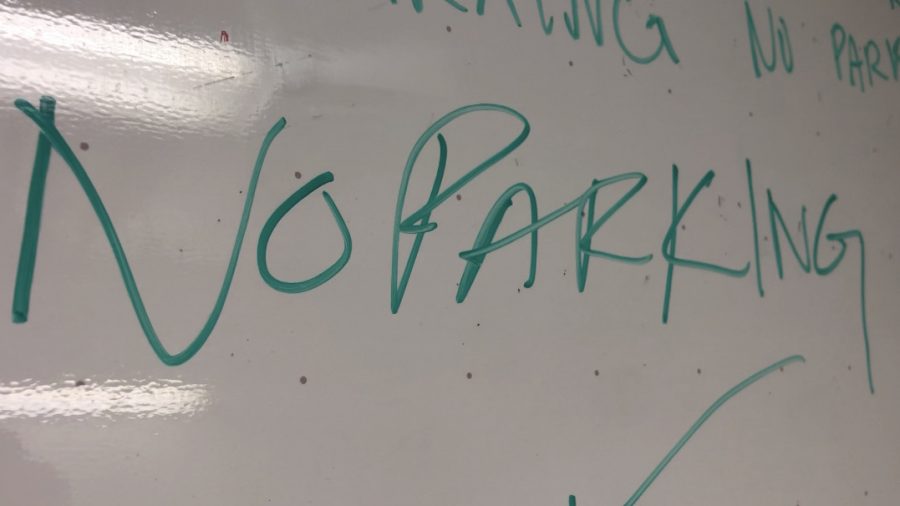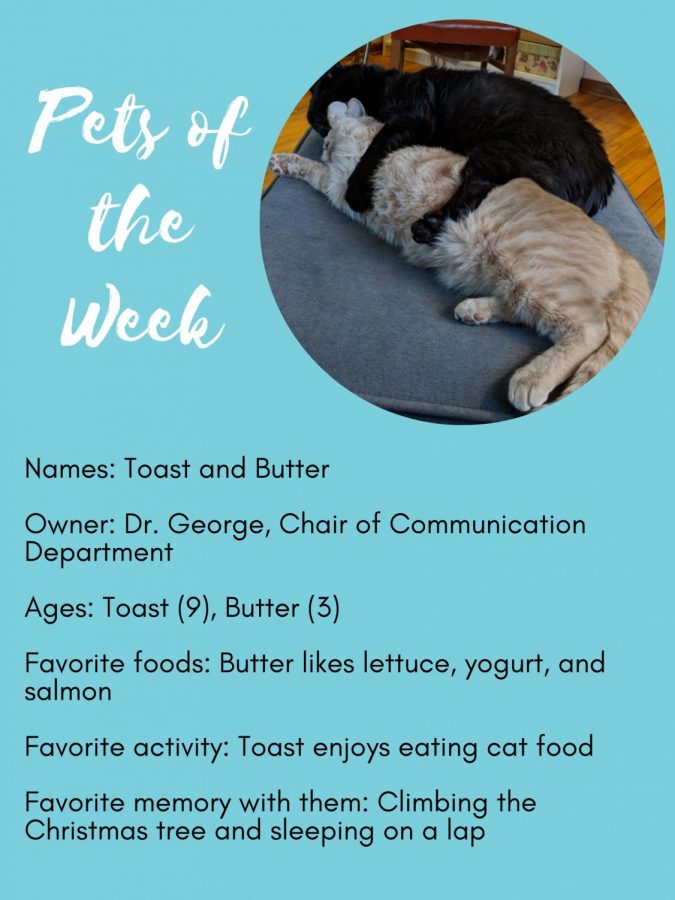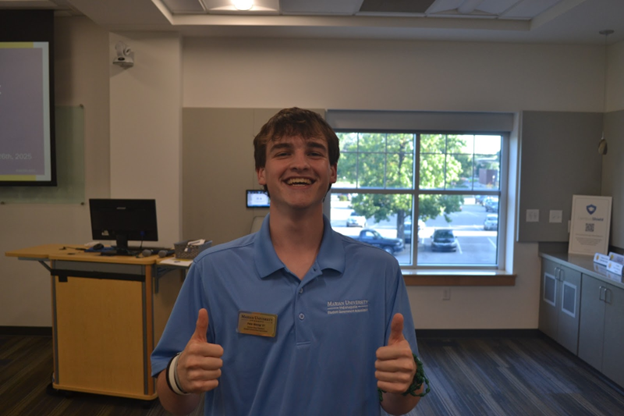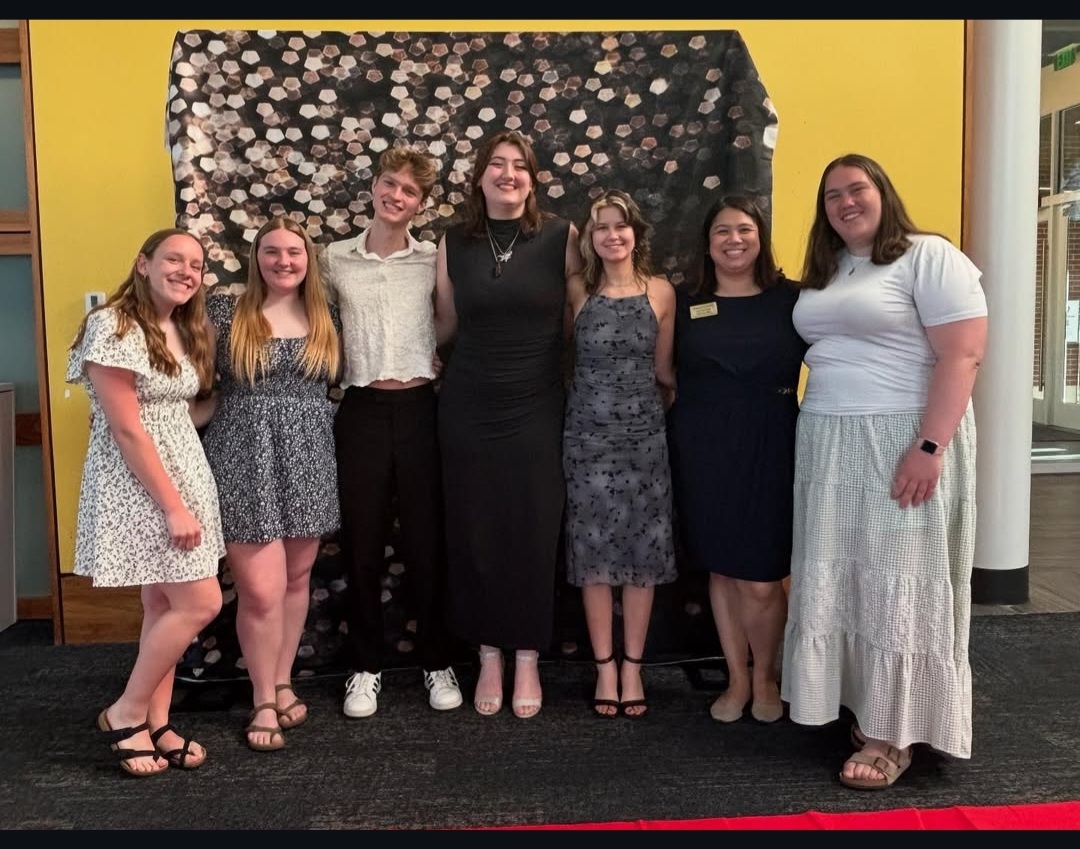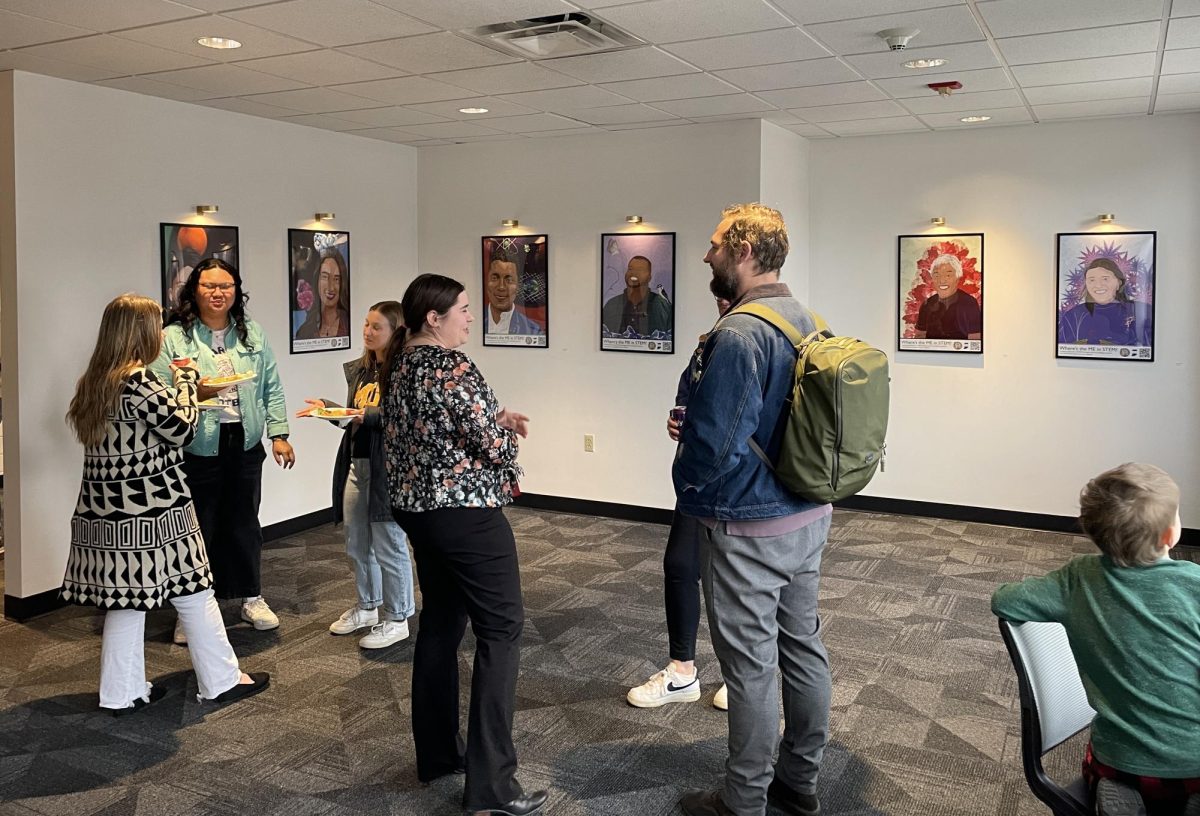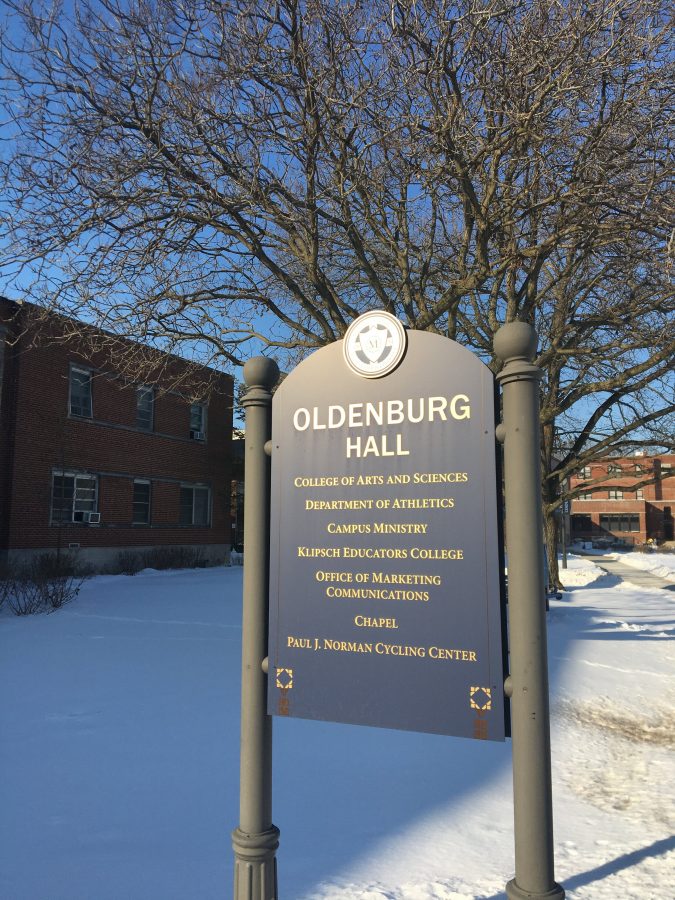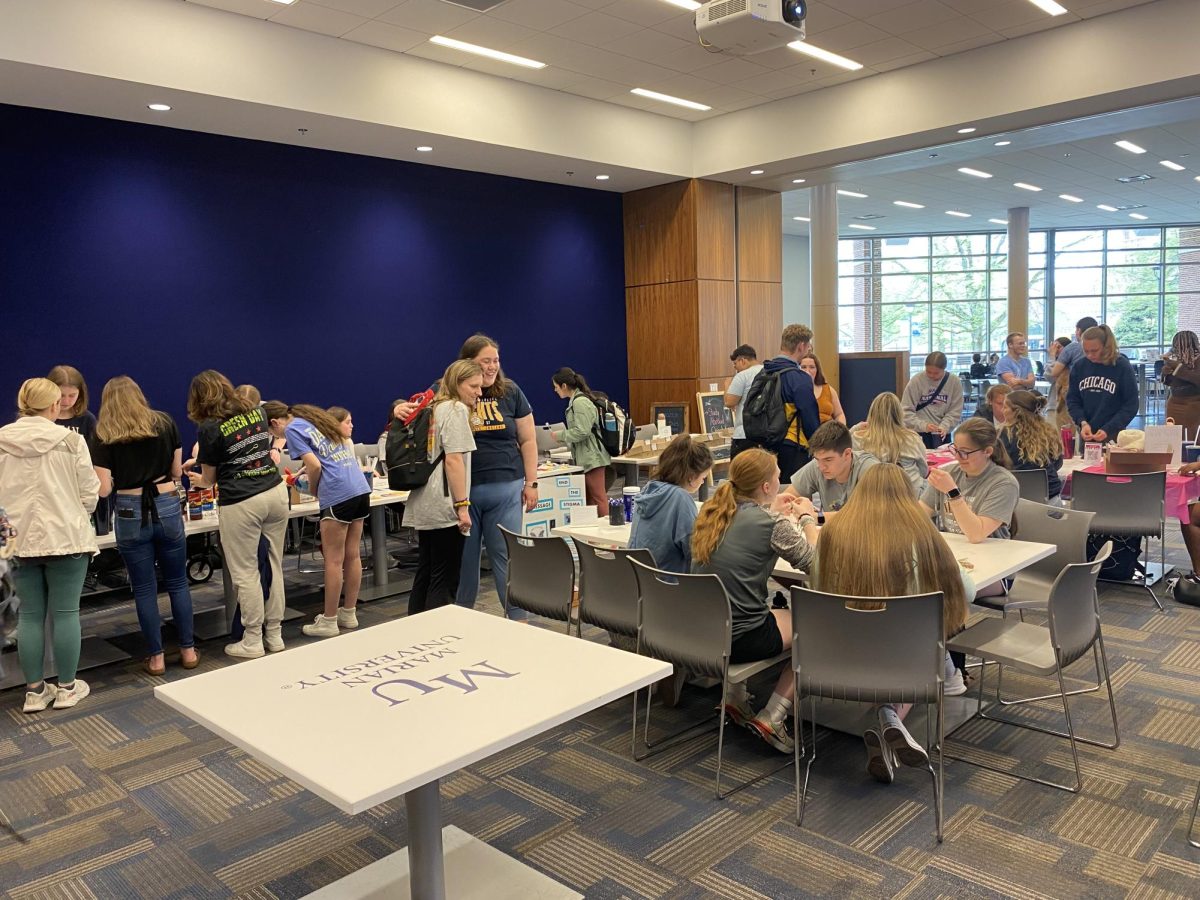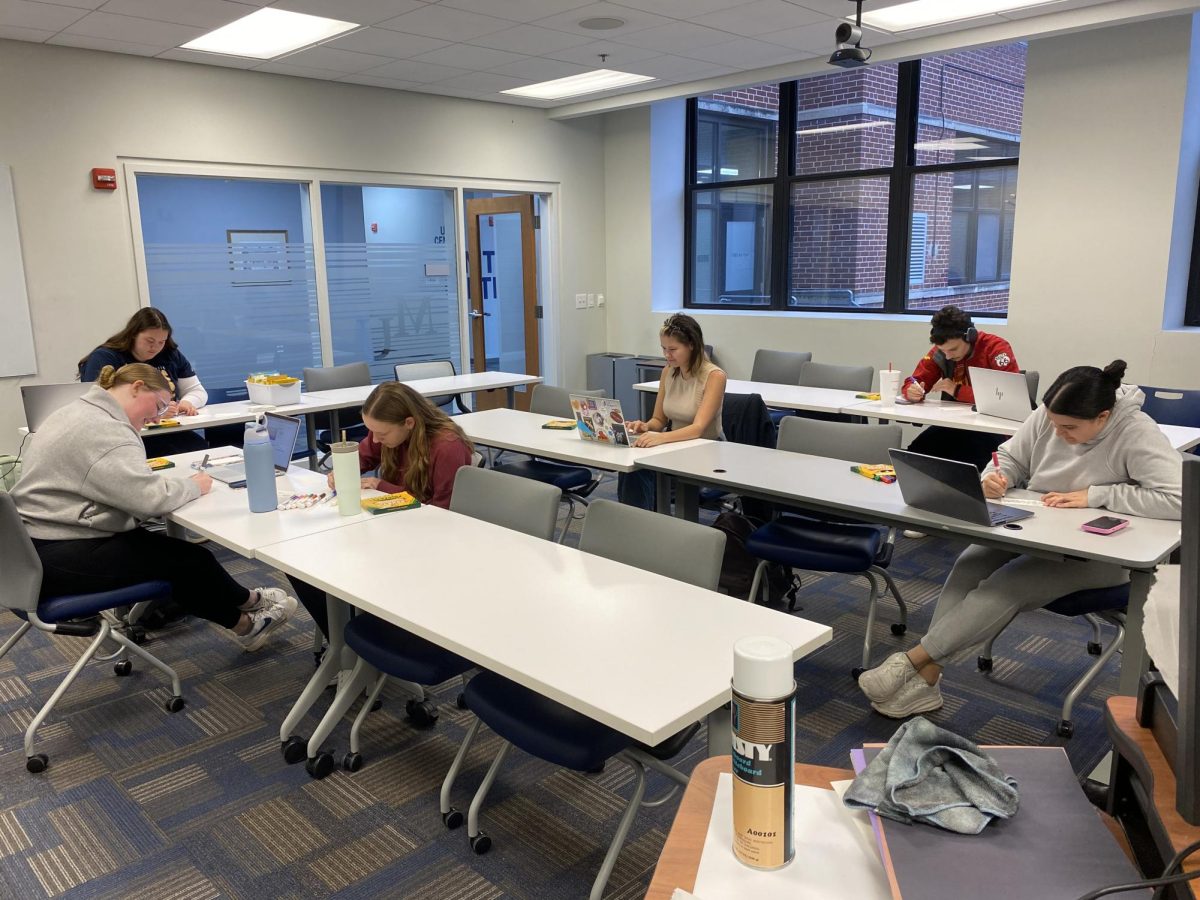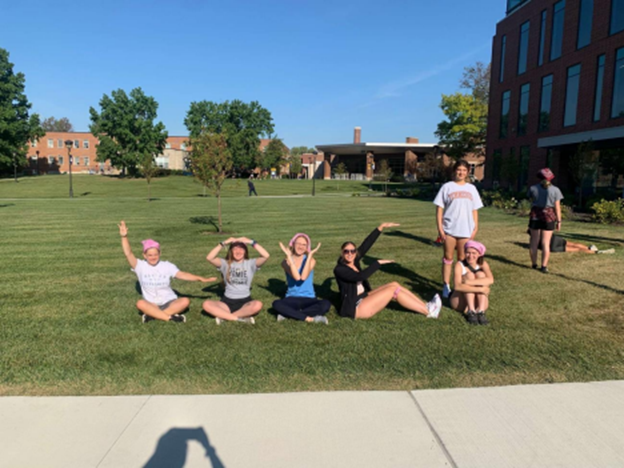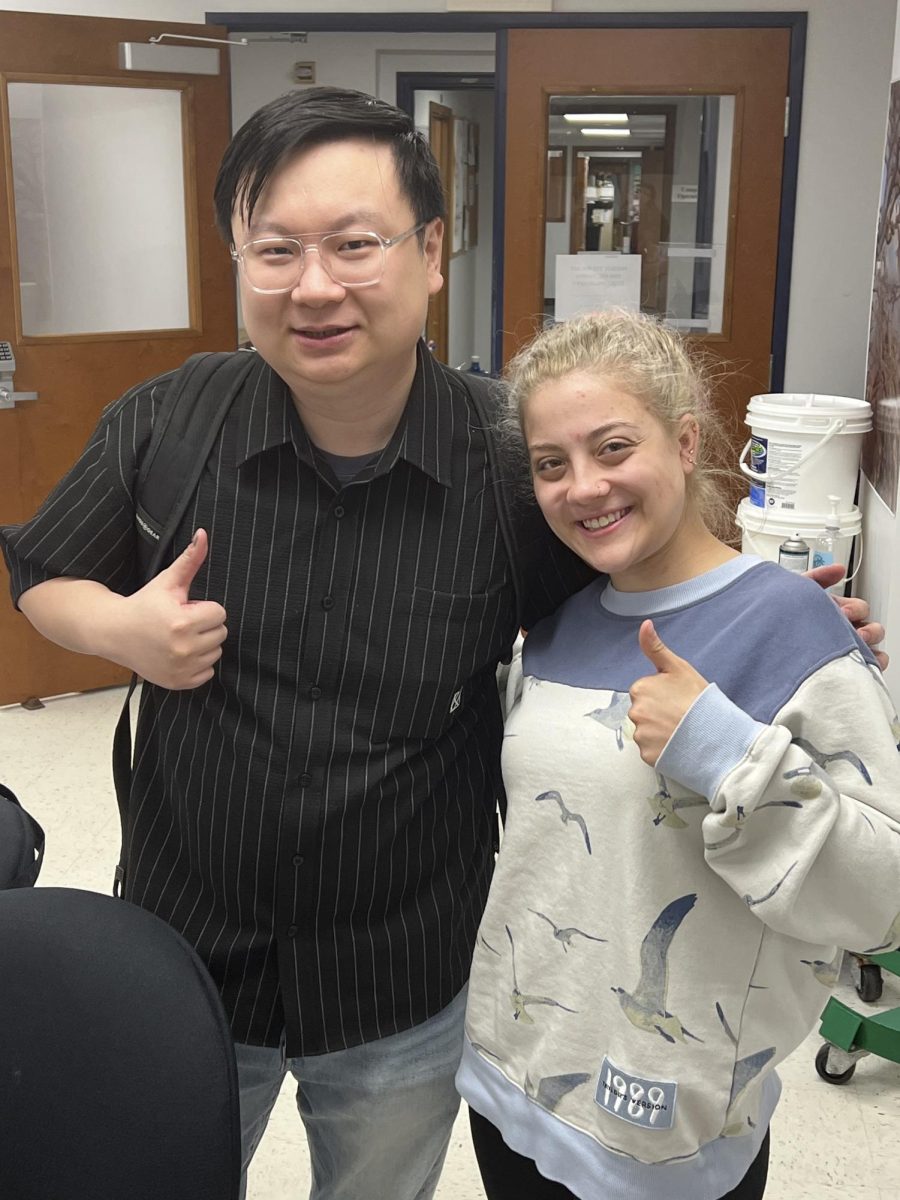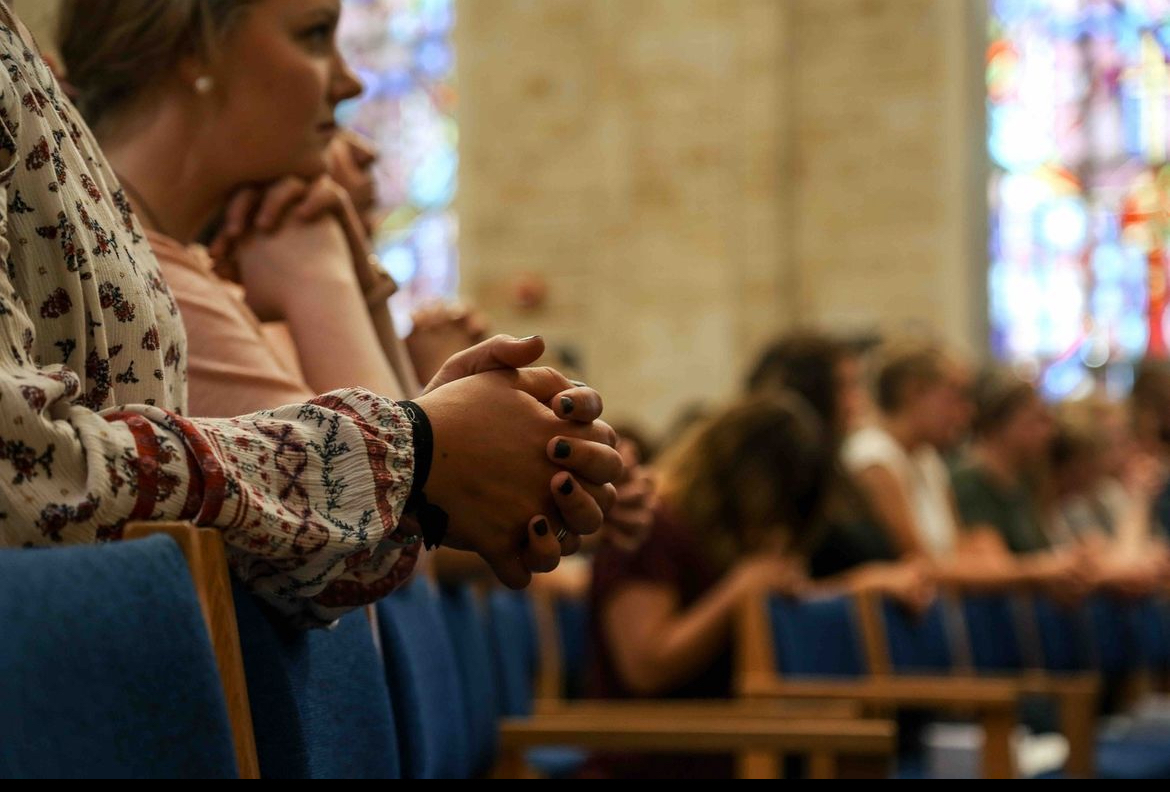By Sam Miller
Some students’ names and personal details have been changed to protect the identity of those interviewed.
Despite Covid-19, the Fred S. Klipsch Educators College at Marian University still finds ways to ensure that their teacher candidates receive meaningful experience—whether in-person, via Zoom, through means of virtual simulation, or by means of alternative instruction. However, some students in the program have some suggestions on how to make things better for both students and faculty.
Since March 2020, when the pandemic struck Indiana, many Indianapolis- area K-12 schools have resorted to solely online instruction, or a hybrid mix of in-person and online instruction, continuing through the 2020-2021 school year. While these schools are working out their schedules and means of instruction, it raises concern to how those working in the education program can still get the experience needed in order to graduate.
According to Allison Segarra, Director of Clinical Experiences, finding clinical placements in real classrooms with real students, whether in-person or virtual, has been very difficult to come across for a few reasons. First, she stated that the Educator’s College has to be mindful of what they ask out of current teachers in the field. Many K-12 educators are still getting accustomed to a virtual classroom or an in-person classroom with Covid-19 restrictions; therefore, they might not be willing or even available to take in a teacher candidate to their already overwhelmed schedules. The other reason being that schools were and continue to change start dates, methods of instruction, visitor policies, and overall availability.
Citing virtual placements as the hardest to find, Segarra added, “The teachers that are doing virtual, are either trying to manage both [in-person and online classroom instruction], or they are still learning how to be a full-time virtual teacher, and so they might not want to invite somebody into a space that they are still trying to figure out.” As a result, many clinical placements, specifically groups, were canceled and replaced with alternative means of experience, including virtual simulation labs, the usage of NearPod- a website that makes online instruction more interactive, instructional videos, and learning how to use Canvas from a teacher’s perspective. Segarra also wanted to shout out Stephanie Williams, Coordinator of Clinical Experiences, for her hard work in making everything possible. While it is great that there are still means for teacher candidates to receive experience during this time, some students believe their needs have slipped through the cracks.
One student in the Educator’s College, Mary-Ann Smith, a senior elementary education major, believes their needs and the experience necessary to be a great educator have not been satisfied since Covid hit. According to this student, they have not received any clinical experience since March 2020, when their placement was canceled due to Covid-19. While they have tried to make the best out of the alternative experience they have received, it is not really working out for them, citing that they have decided to take a “gap semester” from the Educator’s College to focus on the other courses they need to graduate and to avoid potentially getting sick from an in-person placement.
“I feel like professors are overwhelmed themselves and that has led to the school year being a ‘just try and get through it’ thing rather than actual learning experience,” the student added. They believe there are measures the Educator’s College can take to make sure that students like themselves feel better supported, as well as the faculty in the program. Some of these measures include making sure professors and students have everything they need and are being informed on what is going on. In addition to this, the student also believes that advisors too should be better informed of their students’ progress and what is needed to stay on track to graduate.
Although things are not perfect, it is clear there is effort to make the current clinical situation better for students, and hopefully ensure that all students are getting the experience they need. According to Dr. LaToyna Turner, Dean of the Klipsch Educator’s College, she is incredibly impressed with those in the Educator’s College and says there is a lot to be proud about, expressing, “I have been so impressed with aspiring teacher candidates and their resilience in the midst of all of this. I know it has not been easy for students, not just in the Educator’s College, but students in general, and making this transition to online instruction, as well as the grace they have shown our professors and understanding what they are going through in trying to provide the best education possible.”
At this time, it seems the Educator’s College will continue with predominantly virtual clinical experience or offering the alternative experience to their students as they finish out this semester. Hopefully teacher candidates are able to receive more in-person instruction in the coming semesters with the implementation of the Covid-19 vaccine; however, time will tell.

